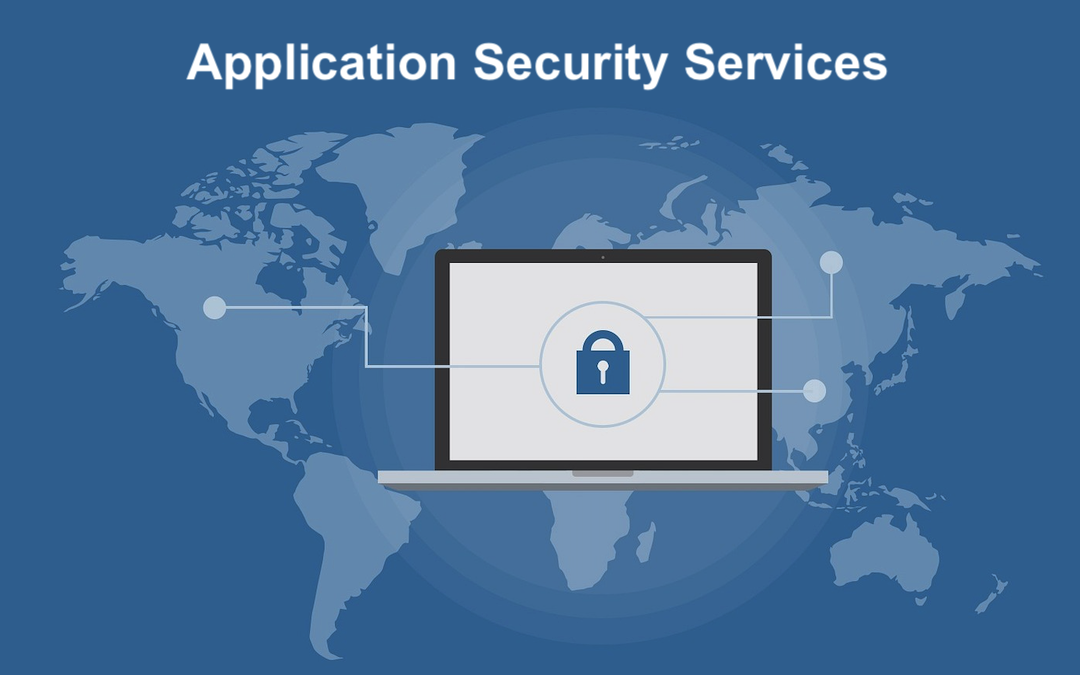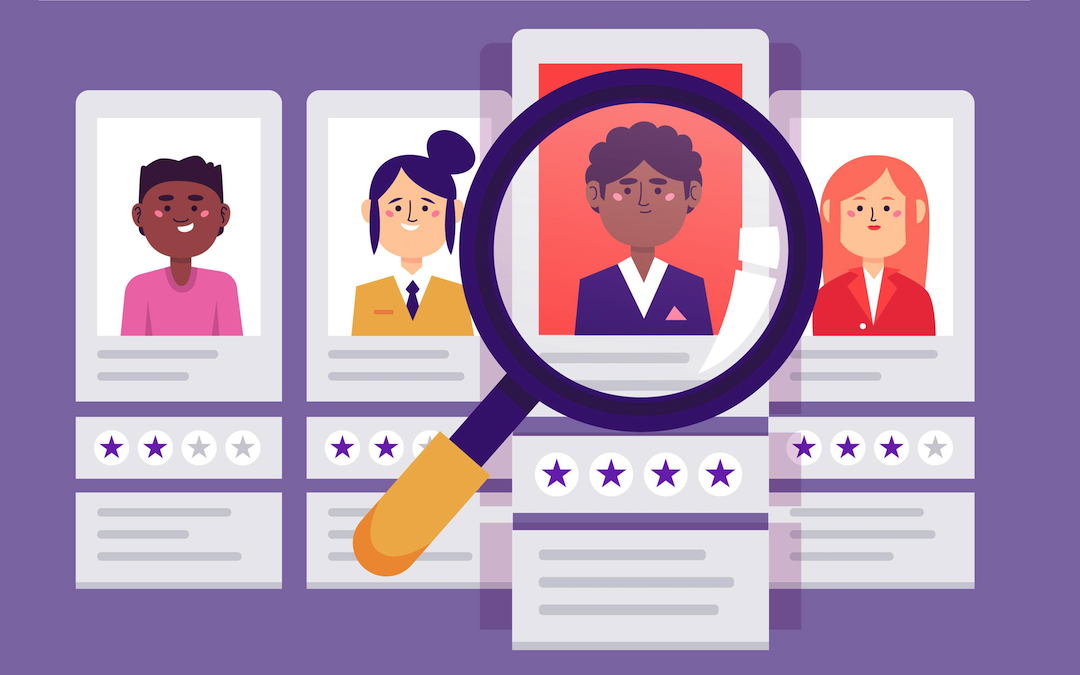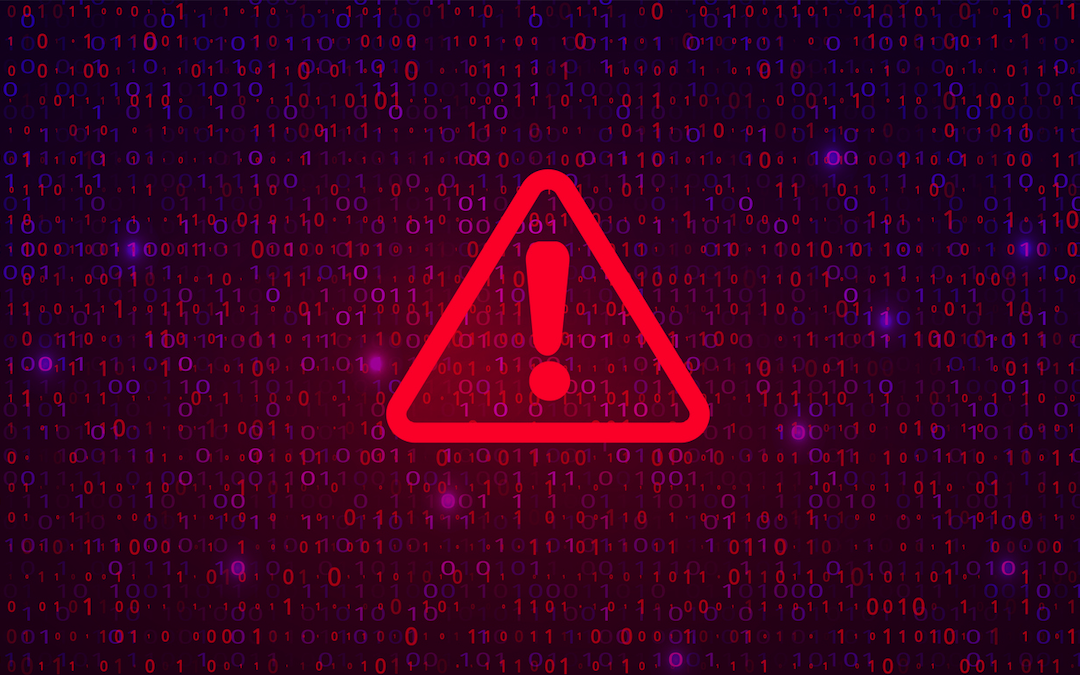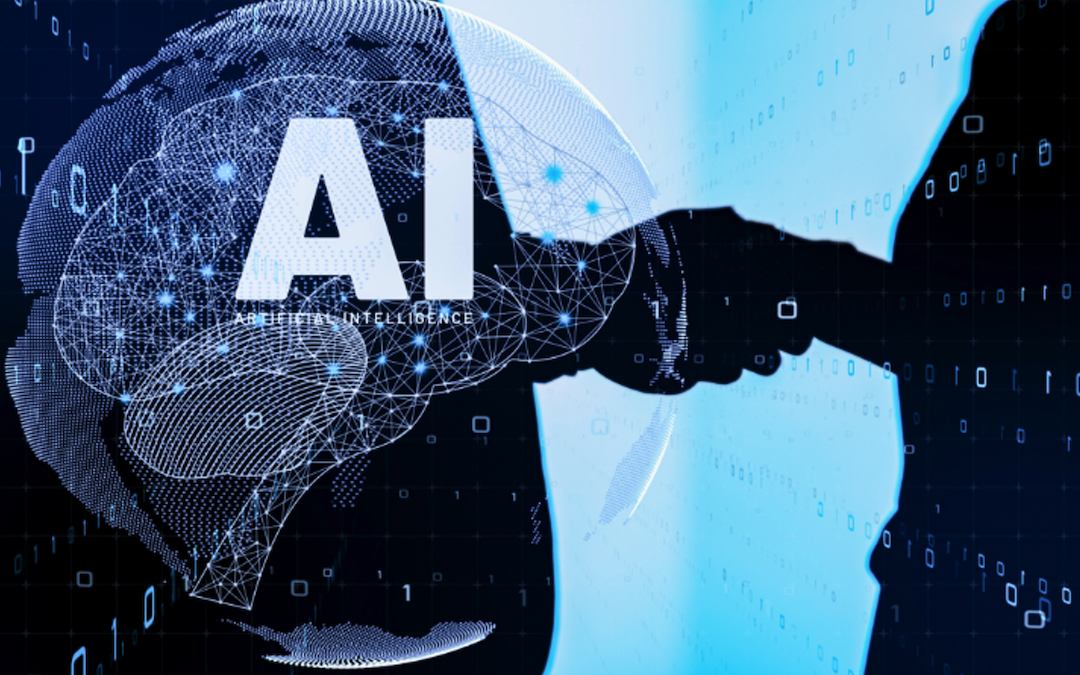
Due to their limited resources, small businesses face unique challenges in cybersecurity. Many small enterprises are prime targets for cybercriminals, as breaking into their network is a relatively low-risk crime. For the business, the financial risks are much higher: A single breach can compromise sensitive data and lead to revenue losses and irreparable reputational damage. Therefore, prioritizing cybersecurity is necessary for small businesses to survive and thrive in the online ecosystem.









